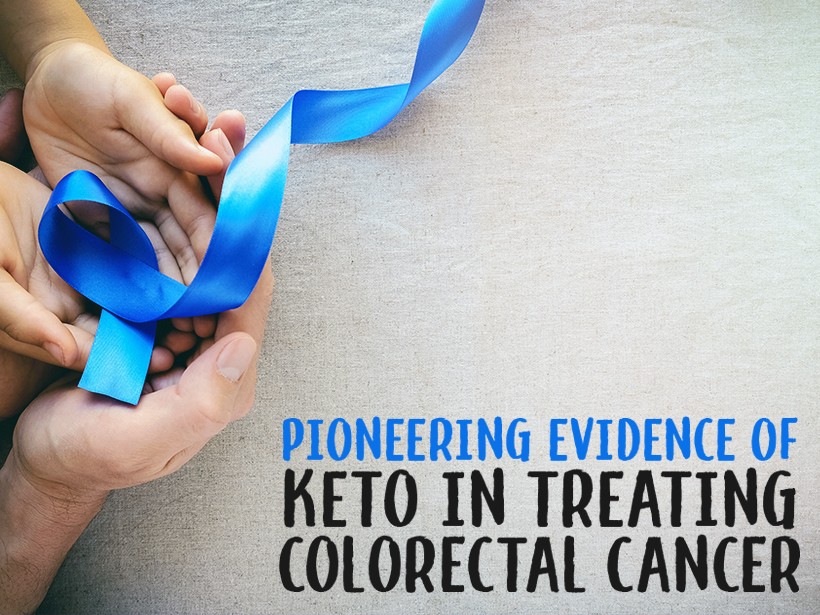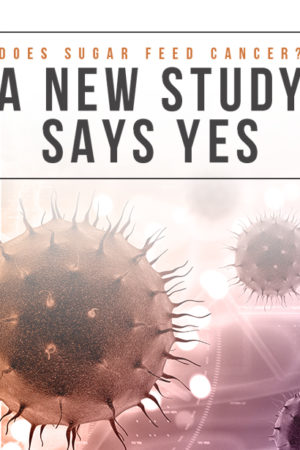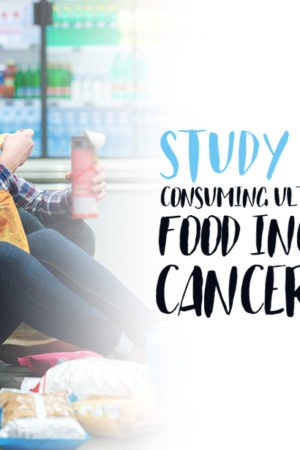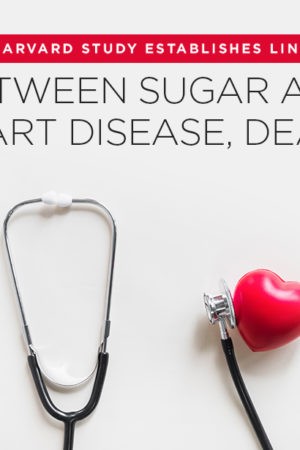Past studies of the ketogenic diet as a therapy for cancer have provided evidence supporting its ability to starve cancer in many forms, such as breast and prostate cancer. New research found the usefulness of a ketogenic diet in colorectal cancer.1 They found this diet change to be useful in suppressing the progression of cancer and inflammation, weight gain and loss of muscle mass associated with it.
A New Approach
Cancer patients often undergo malnutrition which often leads to loss of muscle mass called cachexia. Typically, chemotherapy and radiotherapy are the go-to’s for reversing the effects of malnutrition. Recently, the ketogenic diet has been looked at as a potential remedy. Why? Researchers began looking at cancer as a metabolic disease. That’s a big deal because, if you’re trying to fix a metabolic disease (the conversion of food to energy), then you’d look at what the patient was eating or not eating to remedy any problems.
Why Would Keto Help?
The ketogenic diet is a low-carb, high-fat diet which aims to increase the ketone bodies in the blood to provide an alternative energy source in place of glucose which your body typically metabolizes. Ketone bodies are little acidic molecules produced through the breakdown of your body’s fatty acids. When you create a deficiency of glucose supply through fasting or diets like the ketogenic diet, your body can metabolize its fat stores and create ketone bodies. These ketone bodies are used for energy.
The Warburg Effect
Cancer cells have a problem with oxidative phosphorylation in the mitochondria. Mitochondria are little organs inside of your cells that help make energy for your cells. Oxidative phosphorylation is just a fancy name for the process that happens in the mitochondria to make energy. Because the cancer cells cannot produce the energy they need through normal processes in the presence of oxygen, they rely on pathways that do not need so much oxygen but do require plenty of glucose. Hence, cancer cells need a lot of glucose to survive. Well, then the researchers looked to something called The Warburg effect.
The Warburg effect refers to the usefulness of the ketogenic diet in its ability to limit energy sources for cancer cells (glucose) while supplying the body with energy sources for healthy cells (fatty acids and ketone bodies). The ketogenic diet includes protein and fats as food sources which the cancer cells can’t do anything with, therefore, they die.
How They Set it Up
Twenty-five seven-week-old mice with colorectal cancer were studied by Nakamura et. al. with 10 being in a group on the ketogenic diet. In these mice, body weight increased, body weight changed less than those with colorectal cancer on a normal diet, and total calorie intake increased in those on a ketogenic diet.
Numerous Benefits
Other benefits include those relating to tumor size and weight, inflammation, and tumor progression. Tumor size and weight decreased in the mice on a ketogenic diet in comparison to those on a normal diet. Molecules associated with inflammation decreased. Tumor progression decreased in the presence of an increase of ketones in the blood, as well.
This recent study sheds new light on a division of cancer not typically studied with the ketogenic diet as a therapy. The researchers may have given new hope to patients with colorectal cancer.
NUTRITIONAL DISCLAIMER
The content on this website should not be taken as medical advice and you should ALWAYS consult with your doctor before starting any diet or exercise program. We provide nutritional data for our recipes as a courtesy to our readers. We use Total Keto Diet app software to calculate the nutrition and we remove fiber and sugar alcohols, like erythritol, from the total carbohydrate count to get to the net carb count, as they do not affect your blood glucose levels. You should independently calculate nutritional information on your own and not rely on our data. The website or content herein is not intended to cure, prevent, diagnose or treat any disease. This website shall not be liable for adverse reactions or any other outcome resulting from the use of recipes or recommendations on the Website or actions you take as a result. Any action you take is strictly at your own risk.
- Study Says Ketogenic Diet Can Improve Sleep - May 9, 2018
- New Research Shows How to Live Longer with Keto Diet - May 8, 2018
- Studies Examine How Keto Affects Immunotherapy Cancer Treatments - May 1, 2018































